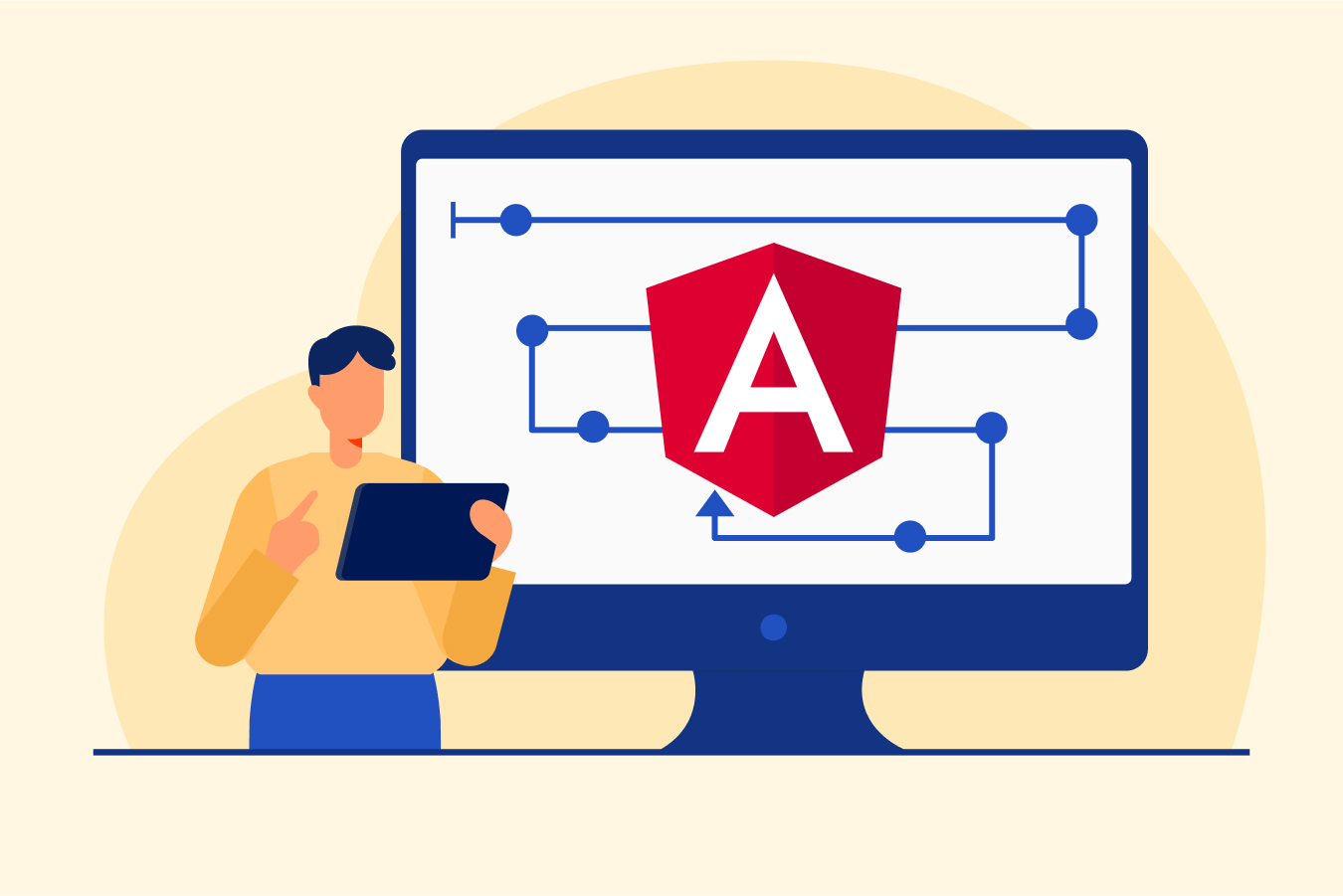PLC Vs DCS: Difference Between PLC and DCS
PLC and DCS are two automation and control systems that play an important role in managing industrial processes. In general, PLCs are a good choice for smaller, simpler applications, whereas DCSs are a good choice for larger, more complex applications.
While both PLCs and DCS serve the purpose of automating processes, they have distinct characteristics and applications. Understanding the difference between PLC and DCS is essential for selecting the appropriate solution for specific industrial requirements.
What is PLC?
A programmable Logic Controller (PLC) is a specialized computer-based controller that uses logic programming instructions to execute tasks according to predetermined conditions or events.
It is used in industrial automation applications, such as manufacturing, process control, and robotics. The PLC consists of several main components including the processor unit, input/output (I/O) modules, memory devices, power supply units, and communication interfaces.
Also Read: Types of PLC
What is DCS?
Distributed Control Systems (DCS) are computer-based control systems that enable users to manage and monitor multiple process operations across distributed locations. Unlike PLCs, DCS provides centralized control over these distributed processes by connecting multiple controllers, networks, and software applications together.
This type of system is best suited for complex industrial environments where communication between different components must occur quickly and accurately for the entire process to run smoothly.
To understand more about PLC and DCS, you can pursue this comprehensive PLC programming course.
Key Difference Between PLC and DCS System
Some of the major PLC and DCS differences are:
| Parameter | PLC | DCS |
|---|---|---|
| Invention | It was invented in 1969. | It was invented in 1975. |
| Architecture | It has a simple architecture. | It has a more complex architecture. |
| Unit | PLC is a single unit that controls the whole process. | DCS is dispersed over a wide network that supervises the entire business. |
| Replacement | It is a replacement for the electromechanical relay. | It is a replacement for single-loop controllers. |
| Programming | PLC programming is application focused. | DCS has a number of built-in control features configured in accordance with its various uses. |
| Controls | It controls only the machine. | It controls the whole system. |
| Controller Type | The PLC has a centralized controller found in the RTU. | The DCS has a decentralized controller because it is distributed over a large network. |
| Scan Time | The scan time is around 10 milliseconds and even less. | The scan time is high and is close to 100-150 milliseconds. |
| Response Time | The response time is quite fast. | The response time is comparatively slow. |
| I/O Terminals | I/O terminals are less. | I/O terminals are more. |
| Troubleshooting | Troubleshooting is difficult as there is a single unit. | Troubleshooting is easy as it has a distributed network. |
| Human Interaction | It is less. | It is more as it is spread over different areas. |
| Initial Cost | The initial setup cost is less. | The initial setup cost is high. |
| Flexibility | There is less flexibility in terms of operators. | There is more flexibility in terms of operators, but it can also lead to problems if multiple people operate. |
| Utilization | It is utilized for a specific process. | It is utilized for complicated processes where changes need to be made. |
Benefits of PLC Vs DCS: Comparison
Benefits of Programmable Logic Controller (PLC)
Some of the advantages of PLC are mentioned below:
- Reliability – PLCs are very dependable and can tolerate challenging industrial settings. They also have a lower failure rate than conventional relay-based control systems.
- Cost-effectiveness – PLCs are a good choice for industrial control. In comparison to conventional relay-based systems, they are less expensive to buy, install, and maintain.
- Flexibility – PLCs are capable of controlling a wide range of applications due to their high level of flexibility. They are also suitable for applications that vary regularly because they are simple to program and alter.
- Troubleshooting – PLCs have in-built diagnostic features that help identify problems quickly. This helps in easy troubleshooting which further helps in reducing downtime.
- Communication – PLCs have the ability to interact with other systems and devices, which makes them ideal for complex industrial applications. Additionally, they can be used to gather and analyze data, which can enhance the efficiency of industrial processes.
Benefits of Distributed Control Systems (DCS)
Some of the benefits of using DCS are mentioned below:
- Scalability – Scalability means DCSs can be expanded to include additional procedures or machinery. They are therefore a wise choice for expanding businesses.
- Redundancy – DCSs frequently include built-in redundancy, which ensures that even if a component fails, the system will still function. This enhances uptime and dependability.
- Integration – DCSs can be integrated with other systems, such as manufacturing execution systems (MES) and enterprise resource planning (ERP) systems. This makes it possible for departments to collaborate and exchange data in real-time.
- Security Security is a priority in the design of DCSs. They frequently include attributes like access control, encryption, and user authentication. This aids in safeguarding private information and preventing unauthorized access.
- Maintenance – DCSs are easy to maintain because they use more advanced and modern components. They are also easy to maintain because they spread over an extensive network which does not hamper the working of other systems if one stops working.
How to Choose Between PLC and DCS?
- PLC is a good choice when the application is small. DCS is a good choice when the application is large and complex.
- If you want some expansion capabilities, DCS is a better choice than PLC.
- If your priority is cost-effectiveness, PLC is a better option as compared to DCS, which requires heavy investment.
- In terms of reliability, DCS is a good choice because of its inbuilt redundancy.
Ultimately the choice between the two comes down to your own specific needs and requirements.
Conclusion
Programmable Logic Controller and Distributed Control Systems both have their own set of advantages and disadvantages when it comes to industrial automation applications. Therefore, knowing the difference between PLC and DCS will help you select the best industrial automation technology solution for your automation needs.







